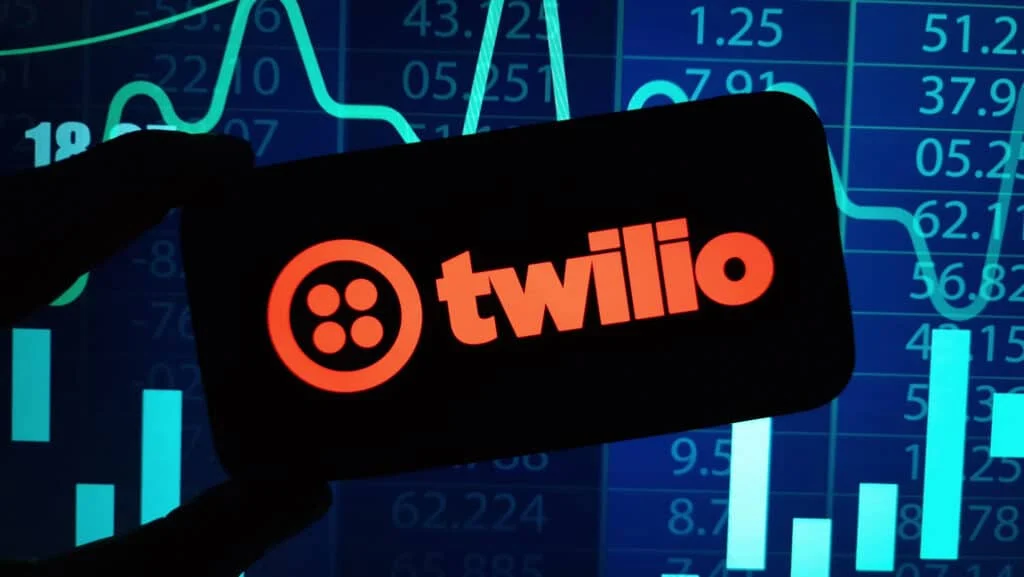Analyst(s): Nick Patience
Publication Date: July , 2025
Lenovo’s Hybrid AI Advantage portfolio expansion brings together new AI-ready hardware, advisory services, and validated vertical-specific solutions to help enterprises accelerate time-to-value and operationalize AI at scale.
What is Covered in this Article:
- Lenovo introduces AI Adoption & Change Management Services to address workforce readiness and improve AI ROI.
- Launch of the ThinkSystem SR680a V4 server and two new platforms built on the SR675 V3 architecture with IBM and Cisco integrations.
- Four Hybrid AI Advantage solution bundles targeted at hospitality, workplace safety, retail, and manufacturing.
- Expanded strategic collaborations with NVIDIA, IBM, and Cisco to support hybrid AI factory deployment across cloud, edge, and devices.
The News: Lenovo unveiled a significant upgrade to its Hybrid AI Advantage lineup, bringing out a complete set of AI-ready servers, bundled solutions, and expert advisory services. These new tools are designed to help companies build and grow hybrid AI systems using fast infrastructure and integrated partner solutions tailored for different industries.
The updates feature the ThinkSystem SR680a V4, which runs on NVIDIA Blackwell B200 GPUs and Intel Xeon 6 chips. Lenovo also introduced new systems built with Cisco Nexus switches and IBM watsonx, plus training services to boost team skills and speed up AI rollout. The company is also launching four new bundles for the hospitality, safety, retail, and quality control industries.
Can Lenovo’s AI Stack Help Enterprises Scale AI with Confidence?
Analyst Take: Lenovo’s move to expand its Hybrid AI Advantage aims to tackle enterprise concerns, such as getting returns on investment, team readiness, and the hurdles of using AI in the real world. With AI budgets expected to reach 20% of IT spending by 2025, many organizations are still trying to move beyond small-scale experiments. Lenovo’s new full-stack approach aims to move beyond pilot programs and toward practical, everyday AI. By combining upgraded infrastructure, ready-to-go software, and training services, Lenovo is setting itself up as a strong contender in enterprise AI.
Structured Services to Accelerate Adoption and ROI
Lenovo’s Global CIO Playbook found that about two-thirds of companies have not seen a solid return on their AI investments, and nearly half of their workers do not get enough training. Its new AI Adoption and Change Management Services aim to fix that. These services look at a company’s readiness, map out key roles, and deliver personalized support. The lineup includes tools like AI People Readiness Assessments, role-specific training, and Copilot Adoption Planning. Each is built to reduce resistance and help teams use generative AI tools smoothly. With added features like governance planning and culture change guidance, Lenovo is making sure companies are well-supported in embedding AI into day-to-day operations. These services are central to Lenovo’s broader plan to turn AI into something that boosts productivity across the board.
New Compute Systems Designed for Scalable AI
The heart of Lenovo’s infrastructure refresh is the ThinkSystem SR680a V4. It’s air-cooled and built with Intel Xeon 6 CPUs and eight NVIDIA Blackwell B200 GPUs, all linked with NVLink. The server also comes with eight NVIDIA BlueField-3 DPUs and SuperNICs, making AI model inference 11 times faster and offering seven times more computing power than the last version. It is built to handle everything from training and simulation to real-time inference. Lenovo also announced two more SR675 V3-based systems – one combining Cisco Nexus switches and NVIDIA Spectrum-X for 1.6 times better network speed and another optimized for IBM watsonx Red Hat OpenShift software with a liquid-cooled design. Collectively, these systems offer enterprises a range of scalable infrastructure options designed to support different AI workloads across varied deployment environments.
Vertical-Specific AI Solutions with Proven Use Cases
Lenovo rolled out four new AI bundles focused on hospitality, safety, retail, and manufacturing. The hospitality solution, built with Centific and NVIDIA, helps deliver personalized service and boosts operational efficiency in real-time. The safety bundle uses Avathon Visual AI and NVIDIA tech to monitor PPE compliance with existing security cameras. In retail and public venues, Lenovo teamed up with WaitTime and Intel to offer crowd-tracking tools that have boosted guest satisfaction by up to 30% in some locations. For manufacturing, Lenovo’s bundle created with Trifork and NVIDIA detects product defects and uses live sensor data for on-the-spot AI retraining. All of these bundles are pre-tested and ready to deploy, helping businesses skip the usual delays and issues that come with setting up AI.
Strategic Partnerships Deliver Integrated Ecosystems
Lenovo’s newest offerings are built around tighter partnerships with Cisco, NVIDIA, and IBM, creating a fully connected AI setup. Their Hybrid AI Platform with Cisco works with Cisco Nexus switches and NVIDIA GPUs to give customers a standard design that works in new and existing setups. The platform optimized for IBM watsonx combines Red Hat OpenShift, NVIDIA tools, and Lenovo SR675 servers to support faster development and governance of generative AI models. With these alliances, Lenovo gives businesses a unified solution that connects computing, networking, and software in one package, helping them get AI up and running faster and with less friction.
What to Watch:
- Enterprises must overcome persistent gaps in workforce readiness, especially in scaling use of tools like Copilot, to fully capitalize on Lenovo’s Hybrid AI services.
- Despite pre-validation, vertical-specific AI bundles will need continuous performance tuning and integration oversight for varied customer environments.
- Adoption of the ThinkSystem SR680a V4 and SR675 V3 platforms depends on proving sustained performance improvements across live LLM workloads.
- Lenovo’s success with these AI factory deployments could depend on the execution of its strategic partnerships and customer demand for integrated, end-to-end AI stacks.
See the complete press release on Lenovo’s Hybrid AI Advantage portfolio expansion on the Lenovo website.
Disclosure: Futurum is a research and advisory firm that engages or has engaged in research, analysis, and advisory services with many technology companies, including those mentioned in this article. The author does not hold any equity positions with any company mentioned in this article.
Analysis and opinions expressed herein are specific to the analyst individually and data and other information that might have been provided for validation, not those of Futurum as a whole.
Other insights from Futurum:
Lenovo Targets Hybrid Productivity with New Workstation and Device Management Solutions
Lenovo Q3 FY 2025 Revenue Jumps 20%, AI Momentum Fuels Expansion
Author Information
Nick Patience is VP and Practice Lead for AI Platforms at The Futurum Group. Nick is a thought leader on AI development, deployment, and adoption - an area he has researched for 25 years. Before Futurum, Nick was a Managing Analyst with S&P Global Market Intelligence, responsible for 451 Research’s coverage of Data, AI, Analytics, Information Security, and Risk. Nick became part of S&P Global through its 2019 acquisition of 451 Research, a pioneering analyst firm that Nick co-founded in 1999. He is a sought-after speaker and advisor, known for his expertise in the drivers of AI adoption, industry use cases, and the infrastructure behind its development and deployment. Nick also spent three years as a product marketing lead at Recommind (now part of OpenText), a machine learning-driven eDiscovery software company. Nick is based in London.






